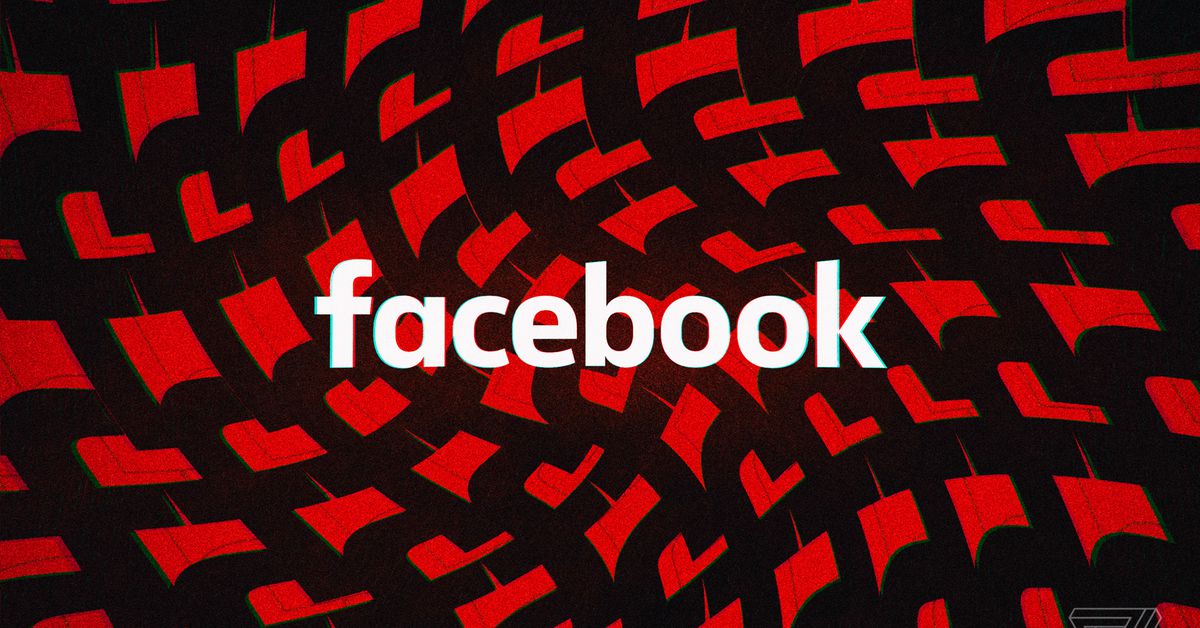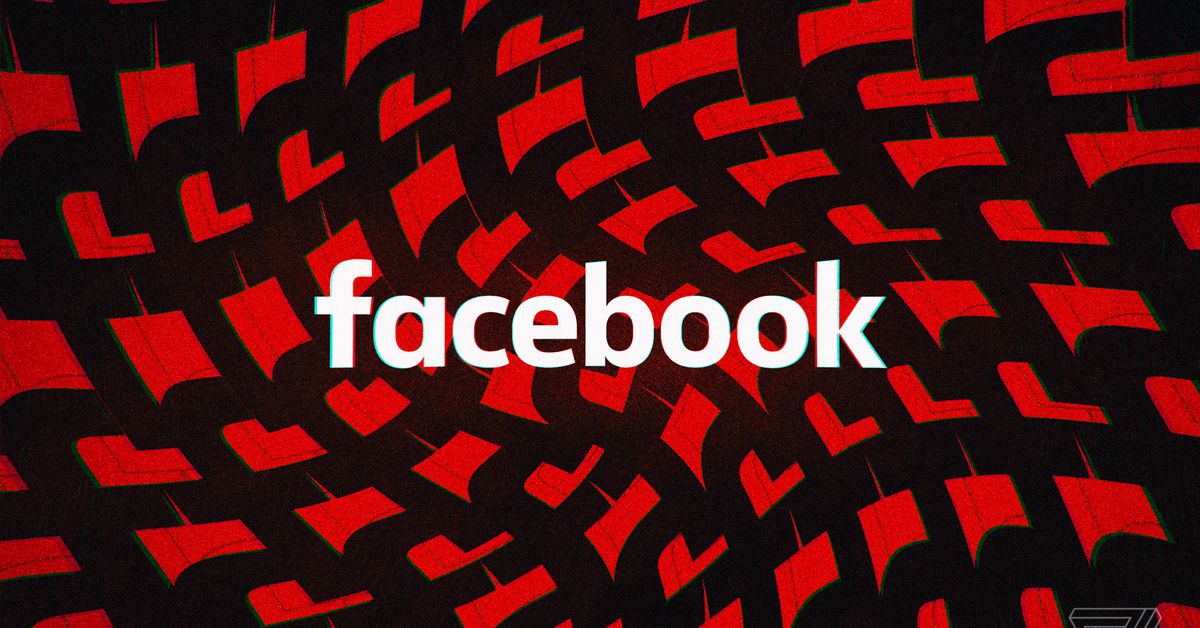
Facebook has removed a network of anti-government accounts associated with the fringe “boogaloo” movement after designating the group as a dangerous organization, the company said. The network, which represents a subset of the broader movement, actively planned violence, Facebook said, though it declined to share additional details, saying it did not want to interfere with ongoing law enforcement investigations.
On Tuesday afternoon, the company removed:
- 220 Facebook accounts
- 95 Instagram accounts
- 28 Facebook pages
- 106 Facebook groups
In addition, Facebook removed more than 400 other groups and 100 other pages that were “hosting similar content as the violent network but were maintained by accounts outside of it.” As of today, the boogaloo network will fall under Facebook’s policy for Dangerous Individuals and Organizations, which bans posts “praising, supporting, or representing it.”
The boogaloo movement has drawn more scrutiny in recent weeks after a series of violent incidents linked to the movement’s followers. An Air Force staff sergeant was charged with the murder of a Federal Protective Service officer and a Santa Cruz sheriff’s sergeant earlier this month, and authorities have said they found paraphernalia connected with the boogaloo movement in the suspect’s van. This month in Las Vegas, three men were indicted “for allegedly conspiring to destroy government and private property during protests in that city on May 30, and for allegedly possessing Molotov cocktails,” The Wall Street Journal reported.
Earlier this month, Facebook removed boogaloo groups from its recommendation algorithms — but a report last week found that boogaloo content was still being recommended on the social network.
“This network appears to be based across various locations in the US, and the people within it engage with one another on our platform,” Facebook said in a blog post. “It is actively promoting violence against civilians, law enforcement and government officials and institutions. Members of this network seek to recruit others within the broader Boogaloo movement, sharing the same content online and adopting the same offline appearance as others in the movement to do so.”
The network does not have a distinct name from the larger movement; Facebook simply calls it “the violent US-based anti-government network.” Members used Facebook services to organize, communicate, and recruit new followers.
The roughly seven-year-old boogaloo movement represents a loosely knit group of right-wing extremists, some of whom advocate for a second Civil War. Its name derives from the camp classic breakdancing movie Breakin’ 2: Electric Boogaloo; “electric boogaloo” has become an ironic way of referring to sequels. That irony reflects the half-joking character of many of the movement’s posts, which can mask the extremism of some of its members by leaving the reader constantly guessing as to what is serious and what is not.
The movement has also escaped close scrutiny in the past by frequently changing the terms with which it refers to itself and the clothing and insignias that members wear to identify themselves. “Boogaloo” has transformed into “big igloo” and “big luau,” for example; the latter name is believed to be one reason why some adherents appear in public wearing Hawaiian shirts. Facebook said it is currently tracking at least 50 terms used by the boogaloo movement as identifiers.
The ideas espoused by boogaloo followers do not fit into narrow partisan categories. Some posts express support for Second Amendment rights and opposition to shelter-in-place orders. More extremist members of the movement promote militant white supremacy and violence against the state. Other adherents have expressed public support for Black Lives Matter protests, leading researchers to question whether those views are legitimately held or simply being expressed as a distraction.
In the past two months, Facebook has removed more than 800 posts related to the boogaloo movement for violating its policies against inciting violence, the company said. The company’s threat detection teams are preparing for boogaloo adherents to attempt to return to Facebook under new identities and using different terms, it said.
“We know that our efforts will never completely eliminate the risk from this network, or other dangerous organizations, but we will continue to remove content and accounts that break our rules so we can keep people safe,” Facebook said.
